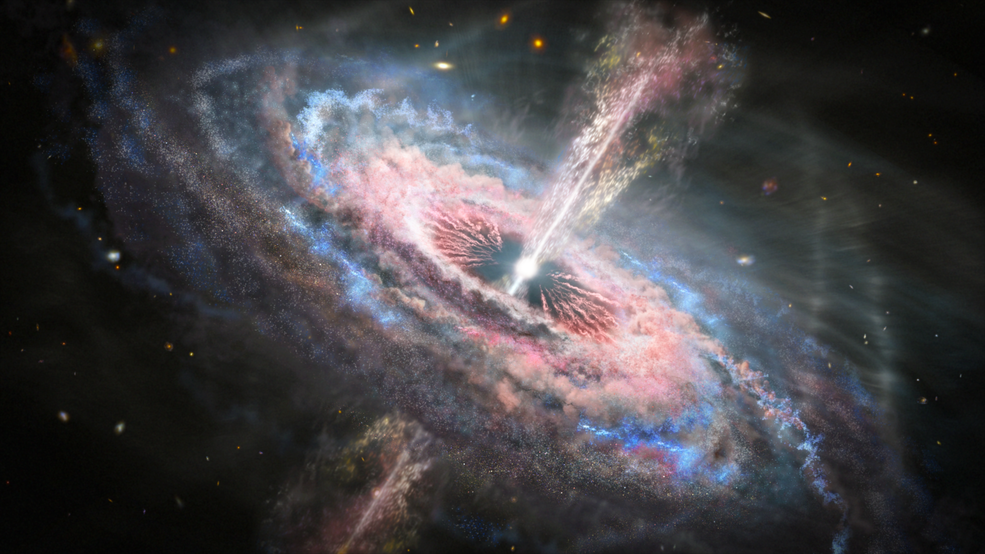Astronomers first notice, this time seems to pass more slowly in the more distant parts of the universe. According to the researchers, events occur five times slower in the distant regions where we see the universe at a billion years old, which is roughly a tenth of its age today.
“It’s like watching a movie at slow speed” – quotes The Guardian, lead author of the study on the phenomenon, Geraint Lewis, professor of astrophysics at the University of Sydney. The effect called time dilation is caused by the expansion of the universe, which was already described by Albert Einstein in 1915 in his general theory of relativity.
One consequence of the expansion of the universe is that light is stretched as it travels through the universe, making its wavelength longer – which is why older galaxies appear redder. But the time is also lengthening, that is, if a distant object flashes once every second, by the time its light reaches the Earth, due to the expansion of the Universe, we are already seeing the same flashes at intervals of more than one second.
photo_camera
A fictional drawing of a galaxy containing a quasar
picture:
NASA and ESA J. Olmsted (STScI)
Researchers have attempted to determine the extent of time dilation in the very early universe by observing distant, extremely powerful light sources called quasars. So a detailed analysis of 190 quasars was carried out at the University of Auckland and published in the journal Nature Astronomy. Stady Accordingly, it was possible to find patterns in the light signals, from which they got a clearer picture of how time passes at a distance of billions of light years.
Although for some reason the time dilation of the ancient universe had not been observed before, astronomers expected to see this phenomenon sooner or later. “On some level, it strengthens our confidence in knowing how the universe works. Einstein gave them a picture and we have to test it and test it and test it. A good scientist doesn’t take things for granted, and they have to keep testing,” Lewis said.
Related articles on Qubit:












































